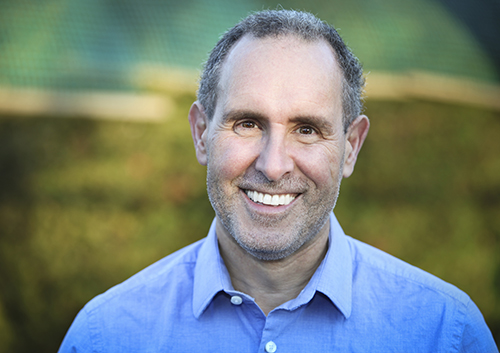Antibiotic Prophylaxis or Premedication
January 8th, 2019

In years past, it was often recommended that dental patients who had a history of heart problems or other conditions, such as joint implants, be given antibiotics before any dental work. This pre-treatment is called prophylaxis, based on the Greek words for “protecting beforehand.” Why would Dr. Vincent Cardinale and Dr. Chris Moody suggest this protection? It has to do with possible effects of oral bacteria on the rest of the body.
Our bodies are home to bacteria which are common in our mouths, but which can be dangerous elsewhere. If these oral bacteria get into the bloodstream, they can collect around the heart valve, the heart lining, or blood vessels. A rare, but often extremely serious, infection called infective endocarditis can result.
It is no longer recommended that every patient with a heart condition take antibiotics before dental procedures. Doctors worry about adverse effects from antibiotics or, more generally, that an overuse of antibiotics in the general population will lead to more strains of antibiotic-resistant bacteria.
There are some patients, however, who are at a higher risk of developing infective endocarditis, and who should always use preventative antibiotics. Generally, premedication is advised if you have one of these risk factors:
- A history of infective endocarditis
- Certain congenital heart conditions (heart conditions present since birth)
- An artificial heart valve
- A heart transplant
Your cardiologist will know if prophylaxis is advisable, and if you are taking any drugs which could interact with antibiotics. Always talk to your doctor about any dental procedures you are planning, particularly if they are invasive procedures such as gum surgery or extractions.
If you believe you would benefit from antibiotics before dental treatment at our Naples, FL office, the most important first step is to talk with your doctors. We are trained to know which pre-existing health conditions call for prophylaxis, which dental procedures require them, which antibiotics to use, and when to take them. Tell us about any health conditions you have, especially cardiac or vascular issues, and any medication allergies. Working with you and your doctor to protect your health is our first priority, and having a complete picture of your medical health will let us know if antibiotic prophylaxis is right for you.




